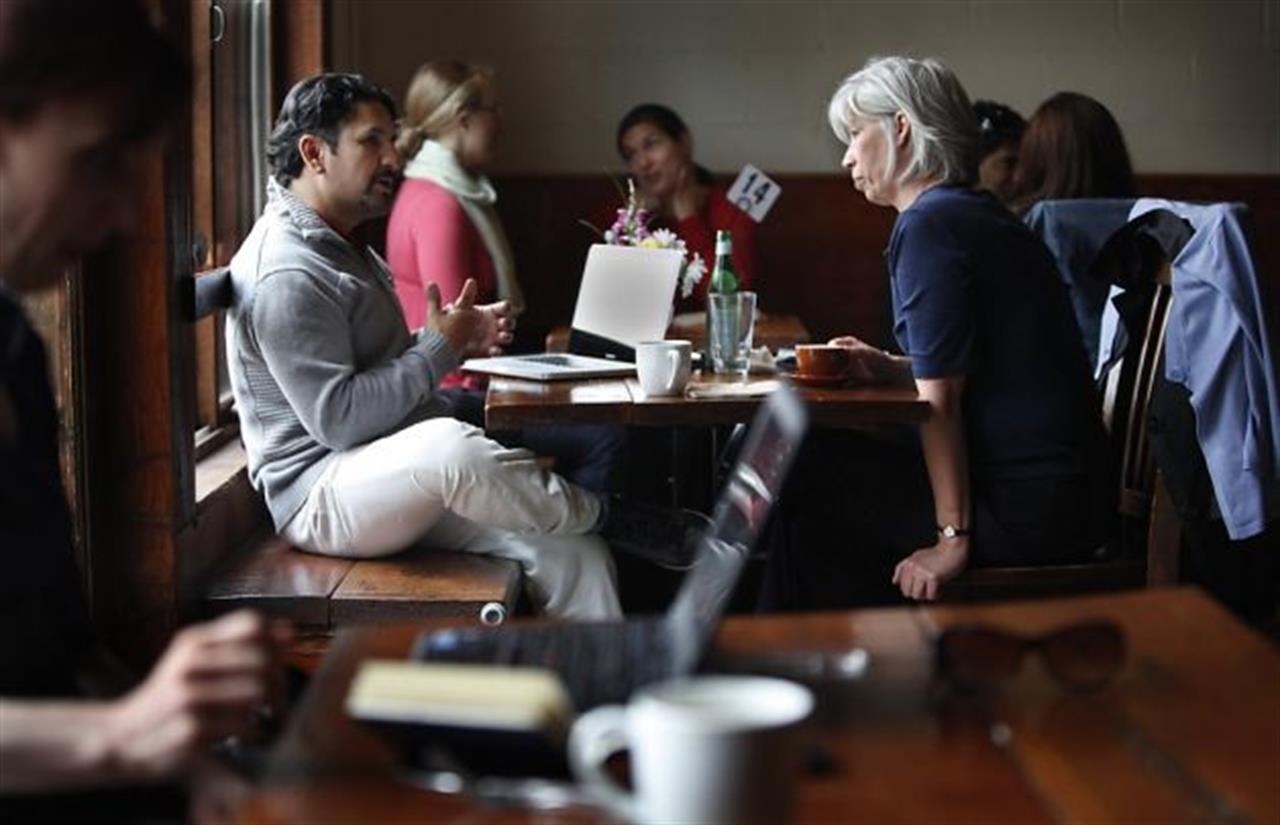Enabling
social change through
technology: it's the goal of
TechSoup, the organization which is working in 4 continents to help NGOs overcome the digital divide. Founded in Silicon Valley in 1987, a few years before the
digital revolution, Techsoup is today the biggest organization entirely working on technology for the third sector. We met Rebecca Masisak, Techsoup CEO to talk about technology and social change.
Techsoup has a long history in helping the non-profit world though technology. The foundation was founded in 1987, before the “web era”, this shows that you had a long-term vision. Why did you decide to focus on technology and how can technology help social change?
Our founder, Daniel Ben-Horin, was reading the work of a French sociologist about what motivates people to make social change and was also participating in the WELL, the first online community. In his social activist work and social circles, he noticed that those working for social good were a bit overwhelmed by technology and computers and needed help. He also noticed that the geeks who knew the technology were actually motivated to help others. So he started CompuMentor to match technologists with nonprofits in the San Francisco Bay Area. He saw the transformative power of technology and sought to create a ‘fun space’ for nonprofits to learn about, gain access to and use technology. And that is how TechSoup.org was born. We have created many programs over the years as technology and the barriers to its effective use have changed, and now we look forward to the possibilities that trends like social tech, cloud computing and big data create for enhancing the capacity for positive social impact and equality in the world.
How do you think technology can help develop improve the environment we live in?
The possibilities to easily gather and analyze data today with mobile devices and RFID technology as well as computing power and data analytics/predictive modeling sciences and tools is tremendous. Cities can gain a much deeper understanding of the needs of its citizens to deliver the right city services when and where they are needed and to use trends like crowd sourcing to discover problems or encourage civil dialogue and engagement. The possibilities are enormous, particularly with trends like open data and apps and the ability to join datasets. Barriers still exist since much of the interesting data of civil society is not routinely collected or digitized, so TechSoup Global hopes to be a force for good in ensuring that the social sector and civil society are not left out of the world’s data picture.
Have you noticed any changes in the approach to philanthropy after the 2008 financial crisis? Do you think today there is a major attention to the results of philanthropic projects (impact investing as opposed to just giving)?
I see a trend towards philanthropy actors designing programming and looking for nonprofit partners to implement those programs vs. investment in the programming of existing or new organizations. The trend indicates that funders what to be more closely engaged in how their philanthropic investments are carried out. And it seems to result in less funding for scaling existing initiatives that have proven successful. Metrics and how to measure social impact are topics widely discussed but I don’t see as much collaboration as their could be from philanthropists that would enable common grant applications or more useful participatory impact data to be collected, aggregated and analyzed.
Vuoi accedere all'archivio di VITA?
Con un abbonamento annuale potrai sfogliare più di 50 numeri del nostro magazine, da gennaio 2020 ad oggi: ogni numero una storia sempre attuale. Oltre a tutti i contenuti extra come le newsletter tematiche, i podcast, le infografiche e gli approfondimenti.

